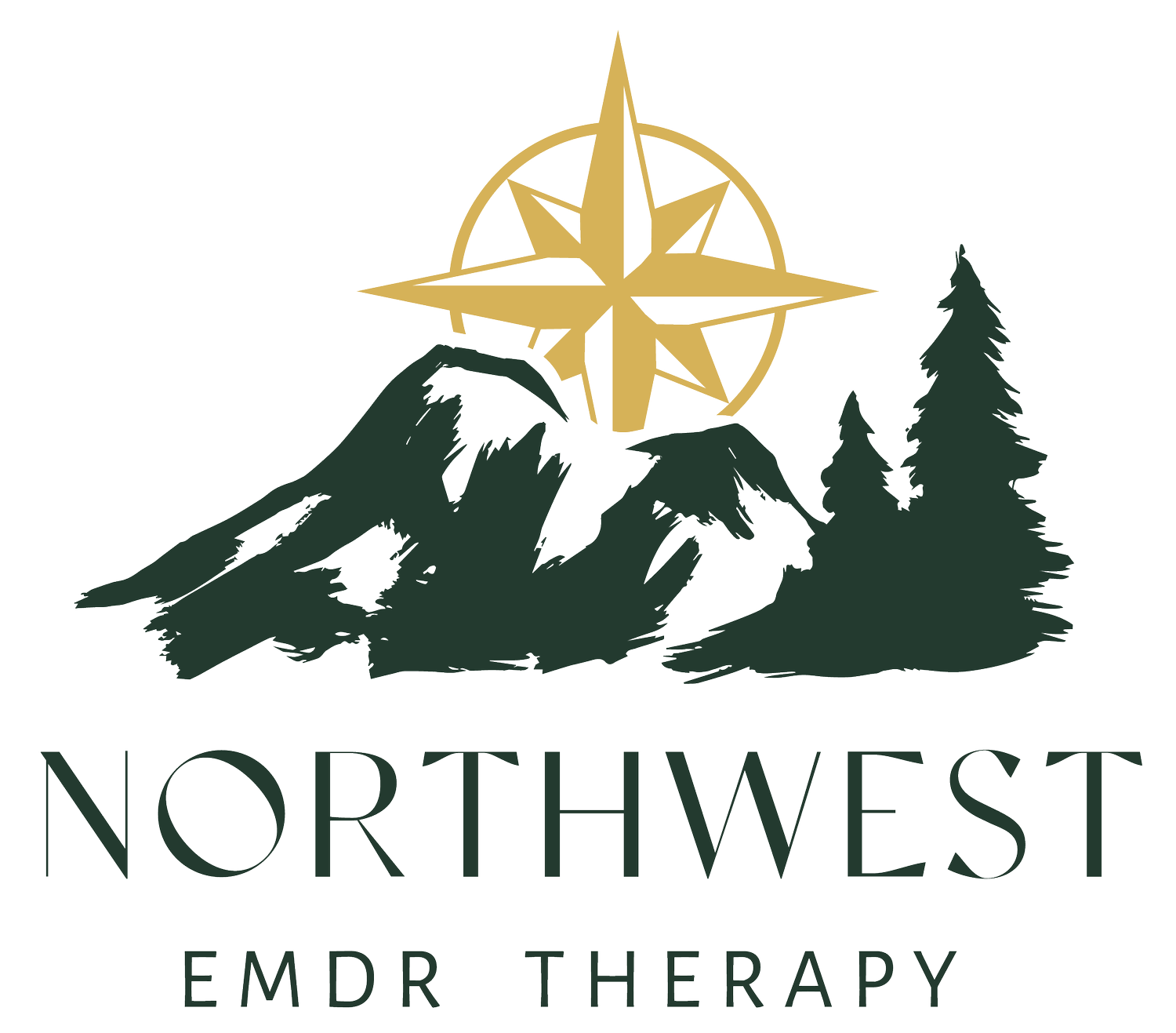What is OCD? The answer might surprise you. People often say that they have OCD about certain things or organizations, but that really is not what OCD is about. OCD stands for obsessive-compulsive disorder. Those words right there: obsessive and compulsive. OCD is so much more than wanting a clean house or using coasters when setting a beverage on a table. OCD is made up of a pattern of unwanted thoughts and fears that lead you to do repetitive behaviors. The amount of focus and energy these thoughts consume is exhausting. It is not the feeling of forgetting to do the dishes and feeling guilty, but the ruminating ideas of what bad thing would happen if you don’t do the dishes, and then the panic sets in. The thoughts are obsessive, and ignoring the thoughts only increases their power within the mind.
OCD behaviors are initially created by working to reduce stress or panic, do something the same way and reduce the worry of something terrible happening. Then it becomes overwhelming and stressful, adding to the behaviors and making them more powerful within the mind. Thinking about the pandemic, the amount of hand washing anyone did after being out of the house was probably more than what they did before. OCD is not just washing your hands when you come home; it is the overwhelming guilt and panic if you don’t wash your hands. OCD is thinking about all of the surfaces you touched after coming into the house without washing your hands. OCD is thinking about all of the horrible things that could happen if you don’t wash your hands and just obsessing over it. OCD can make it difficult to have social relationships because not only are you thinking about your unwashed hands, but the hands of your friends, and thinking about anything they might touch. Hand washing is not the only behavior; it is just something relatable between people who struggle with OCD and those who were just cautious during the pandemic.
OCD symptoms are not all the same for everyone with OCD, and you might not even recognize when someone close to you is struggling with OCD. Common obsessions consist of fear of germs or anything dirty, not feeling comfortable with not having control, wanting things to be organized but in an obsessive unrealistic way, having thoughts about losing control or harming yourself or others, and finally, unwanted thoughts revolving around aggression, sexual nature, or religion. Along with the common obsessions, the common compulsions are focused on the repetitive behaviors initially designed in the person’s mind to reduce anxiety related to something terrible happening. Common compulsions are washing and cleaning, checking and rechecking, counting and numbers, organization, having a strict schedule/routine, and needing constant reassurance.
Having OCD isn’t about just worrying about real problems taking place in your life, like the pandemic example before. While those significant events can trigger OCD behaviors for someone with OCD, it does not mean that you are experiencing OCD. If you feel that you are suffering from OCD, many therapy styles are designed to help alleviate OCD obsessions and compulsions. You will know if you suffer from OCD; non-stop obsessions or uncontrollable compulsions will get stuck in your mind if you go off track from your newly created behaviors. If you are struggling, please reach out to a professional to get support and guidance to feel better.

